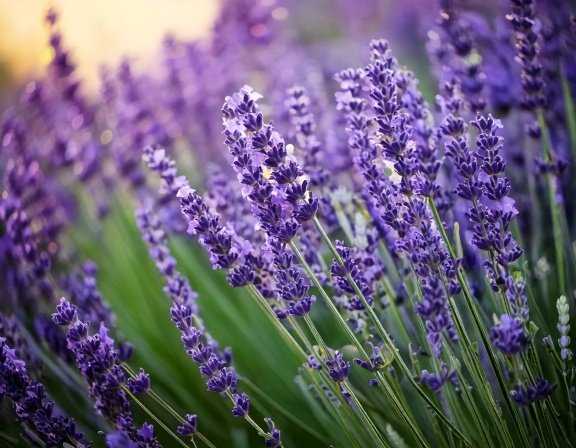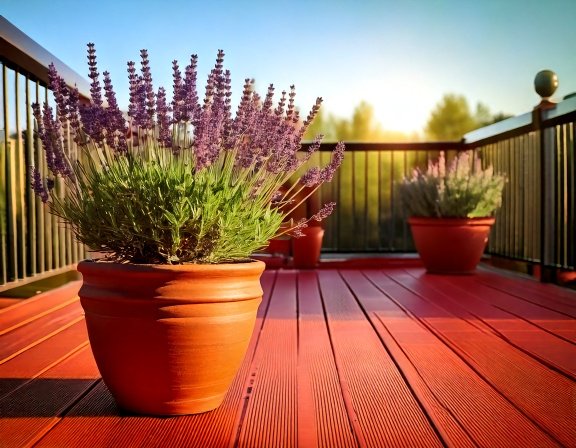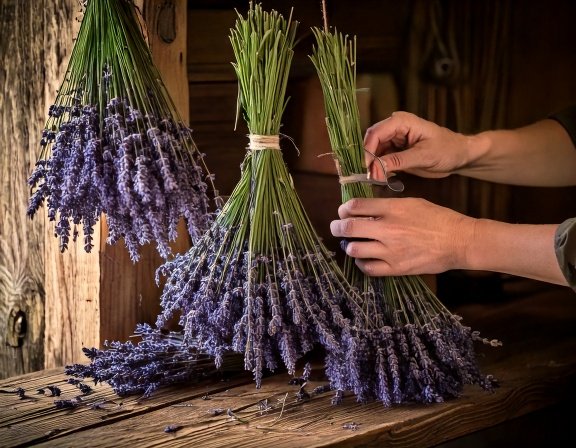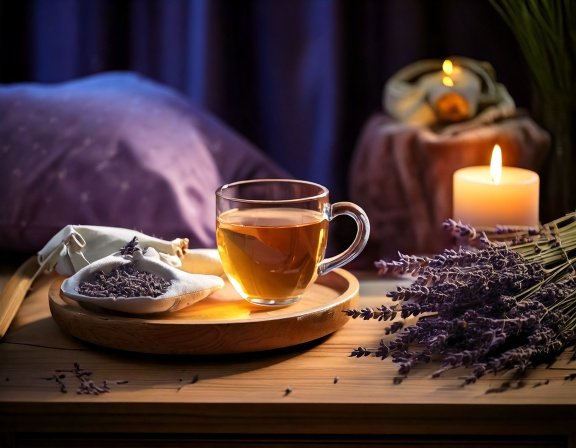Natural Sleep Remedies: How to Use and Grow Lavender for Calming Teas
Grow beautiful lavender and use its flowers for soothing teas, natural sleep aids, and calming home remedies. Tips for growing, harvesting, blending, and more!

Digestive Calm Tea Matrix
Download our Digestive Calm Tea Matrix (peppermint/licorice/ginger/aloe/turmeric combos).
Get the kitA handful of lavender brings the calm of the garden into the heart and home. Lavender (Lavandula angustifolia) is more than just a beautiful garden flower—it’s one of nature’s most beloved remedies for calm and restful sleep. With soothing aroma and gentle flavor, homegrown lavender flowers can be turned into calming teas, relaxing sachets, and natural bedtime blends. In this guide, discover how to plant, care for, harvest, and use lavender for your own sleep-friendly herbal remedies.
How to Grow Lavender: Step-by-Step


Lavender (Lavandula spp.) is as practical as it is beautiful, thriving in home gardens and containers alike. Its fragrant blooms and silvery foliage make it a staple for both pollinator-friendly landscapes and wellness-focused households. The good news: lavender is surprisingly low-maintenance if you give it the right start. From soil prep to sun requirements and watering tips, this section covers the step-by-step essentials to help beginners and seasoned gardeners alike cultivate thriving lavender plants—whether for aroma, herbal remedies, or simple curb appeal.
- Soil: Lavender needs well-drained,sandy or rocky, slightly alkaline soil. Amend clay soils with sand or gravel.
- Sun: Choose a spot with at least 6–8 hours of direct sunlight daily.
- Planting: Start from seeds, cuttings, or nursery plants. Space plants 18–24 inches apart for good airflow. Plant in spring after last frost or in early fall.
- Watering: Water young plants deeply, then let soil dry between waterings. Mature lavender is drought-tolerant. Prune after flowering for bushiness.
- Pruning: Prune lightly in early spring to encourage bushier growth and more blooms.
- Container growing: Use large pots with drainage holes and a gritty, low-fertility potting mix.
Tip: Add gravel or sand to heavy soils for drainage; try pots for urban gardening.
When and How to Harvest Lavender

Lavender is one of the simplest and most effective herbs to bring peace to both mind and body. Its soothing aroma and gentle compounds work naturally to quiet the nervous system, ease tension, and encourage deeper sleep. Whether you enjoy it as a bedtime tea, a few drops of essential oil on your pillow, or a sachet tucked beside your bed, lavender can turn your nightly routine into a calm, restorative ritual. In this section, we’ll explore easy, practical ways to use lavender for relaxation and restful sleep.
- Harvest Time: Snip stems just as flowers open, before full bloom (morning is best).
- How: Cut above leaf nodes, bundle and hang upside down to dry in a dark, airy place.
- Storage: Once dry, remove flowers from stems and store in airtight jars away from sun.
Herb Drying Rack for Perfect Lavender
Preserve your harvest with a hanging herb dryer—keeps flowers vibrant, aromatic, and free from mold. (Affiliate link, supports Health Intel Daily!)
Shop Herb DryersEasy Ways to Use Lavender for Calm & Sleep

- Lavender Tea: Steep 1–2 tsp dried flowers (or 1 Tbsp fresh) in hot water for 5–10 min; sip before bed.
- Bedtime Herbal Blend: Mix lavender, chamomile, and lemon balm for a gentle tea.
- Sachet: Fill a fabric pouch and tuck into your pillow for restful sleep.
- Eye Pillow: Sew dried flowers into a cloth pouch for naps or meditation.
- Sleep Mist: Steep flowers in hot water, strain, cool, and spritz on linens before bed.
Disclaimer
This herbal recipe is shared for educational purposes only, based on traditional use and available sources. It is not medical advice. Please consult your healthcare provider before use, especially if pregnant, nursing, or on medication.
Want more sleep & herbal wellness tips?
Get garden-to-cup remedies, bedtime teas, and plant-powered sleep advice delivered to your inbox.
Subscribe now